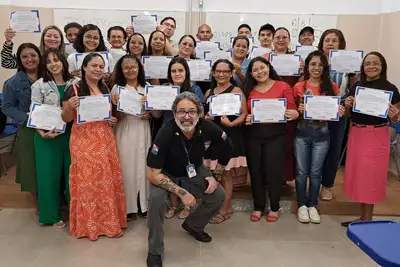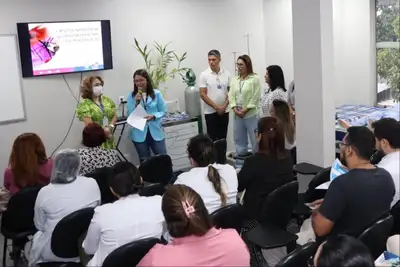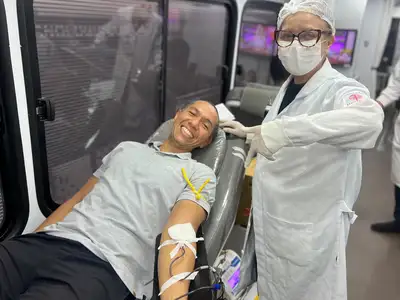Pará guarantees R$ 240 million in investments and strengthens the state public health network
Resources secured with the Ministry of Health reinforce the funding of state units, expand medium and high complexity services, and the oncology network
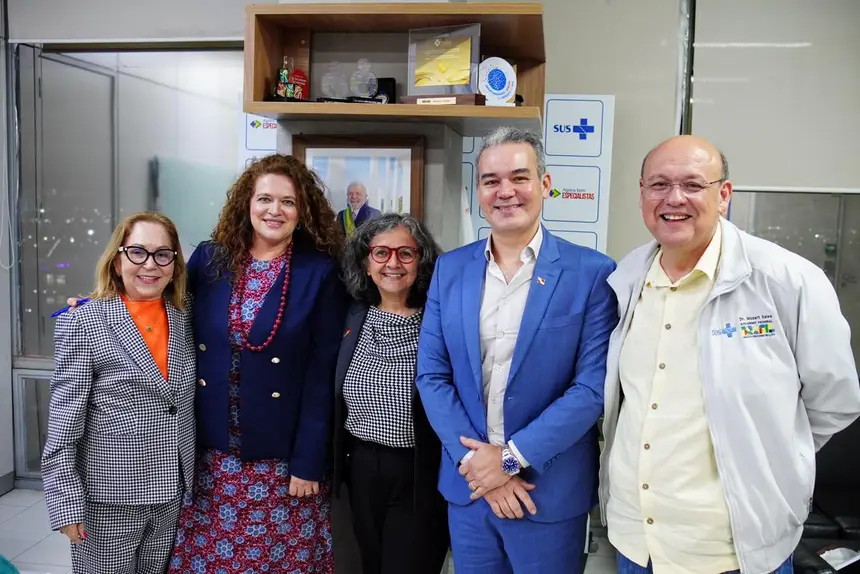
The Government of Pará, through the State Department of Public Health (Sespa), secured, in a meeting on Monday (3), with the Ministry of Health in Brasília, an investment of R$ 240 million in the MAC Ceiling (Medium and High Complexity) for the fiscal years of 2025 and 2026.
The meeting was attended by the State Secretary of Health, Ivete Gadelha Vaz, and the Deputy Secretary of Administrative Management, Edney Pereira. They participated in an agenda called by the Ministry of Health, represented by Mozart Sales, Secretary of Specialized Health Care, to align strategies for strengthening the public network in the states of the Legal Amazon.
The head of Sespa, Ivete Vaz, reported that the meeting focused on seeking new resources to improve the quality and access of the population to health services. “We came to Brasília (DF) in search of new resources to ensure more efficiency and resolution in the public network of Pará. This financial investment will allow us to increase the number of health facilities, qualify existing services, and strengthen specialized care throughout the state,” highlighted the state health secretary.
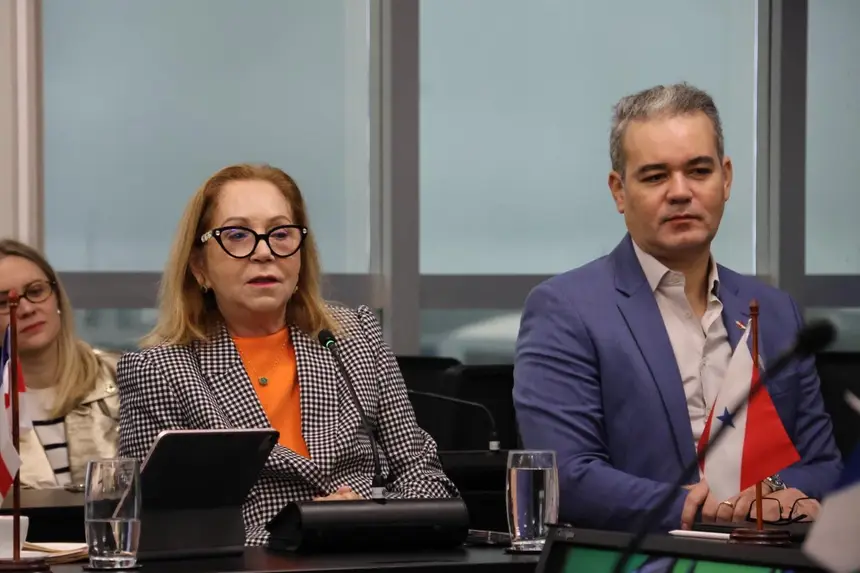
Resources for 2025 and 2026
Of the total of R$ 240 million secured, the resources will be incorporated into the MAC Ceiling starting in November 2025, with execution planned to continue throughout the fiscal years of 2025 and 2026. The investment will directly impact the funding of state health units and the expansion of specialized services, focusing on surgeries, exams, and treatments such as brachytherapy.
Additionally, the package includes investments for the habilitation and accreditation of new services, including the acquisition of 20 ambulances, with 18 destined for the Marajó Region and two for the Xingu and Tapajós regions, strengthening mobility and emergency care in these areas.
Strengthening the oncology network
The investments also cover the oncology area, with the implementation of a PET-Scan equipment at the Ophir Loyola Hospital, the establishment of brachytherapy services at the Castanhal and Barros Barreto hospitals, and the completion of the linear accelerator in Castanhal.
Another front will be the renovation and qualification of the Immediate Care Unit in Oncology (UAI) of the Ophir Loyola Hospital, in addition to the operationalization of three new linear accelerators under the PERSUS 2 program, which will benefit the Ophir Loyola Hospital itself, the Regional Hospital of Santarém, and the Barros Barreto University Hospital, in partnership with the Brazilian Company of Hospital Services (EBSERH), linked to the Ministry of Health.
“These achievements represent a significant advance for the structure of public health in the state. We are ensuring investments that will have direct impacts on the funding of the units, the expansion of the network, and the provision of more modern treatments to the population,” emphasized Edney Pereira.
Partnership and strengthening of the network
Secretary Ivete Vaz reinforced that the initiative is the result of a joint effort between the Government of Pará and the Ministry of Health, in ongoing dialogue with the National Council of Health Secretaries (Conass).
“This was a collective construction, aimed at better utilization of investments and strengthening the public health potential of the state. It is an important step to ensure more quality of life for the people of Pará and to consolidate an increasingly resolutive and accessible public health system,” concluded Ivete Vaz.
The advances reinforce Pará's prominence in discussions about regionalization and strengthening health in the Legal Amazon, ensuring that federal public policies consider the specificities and challenges of the Amazon region.






